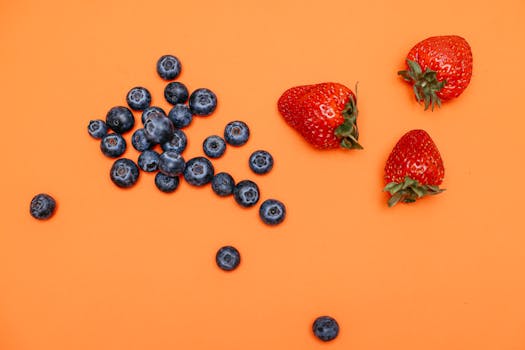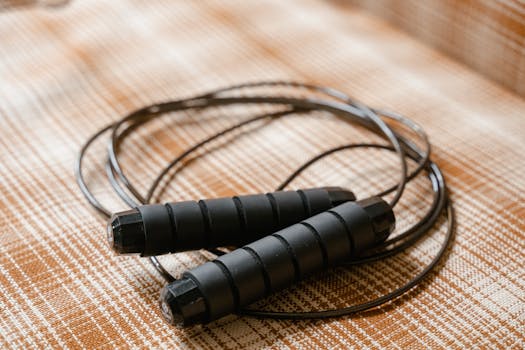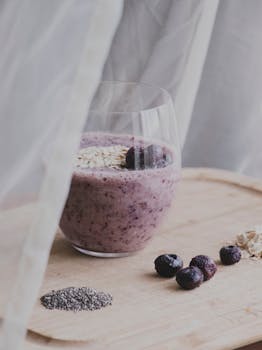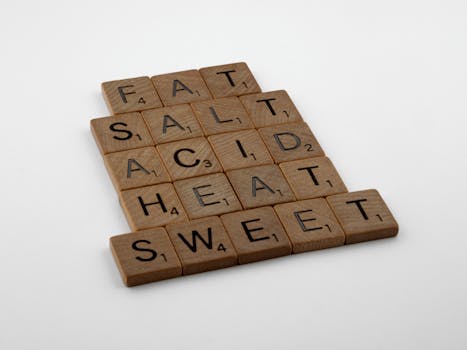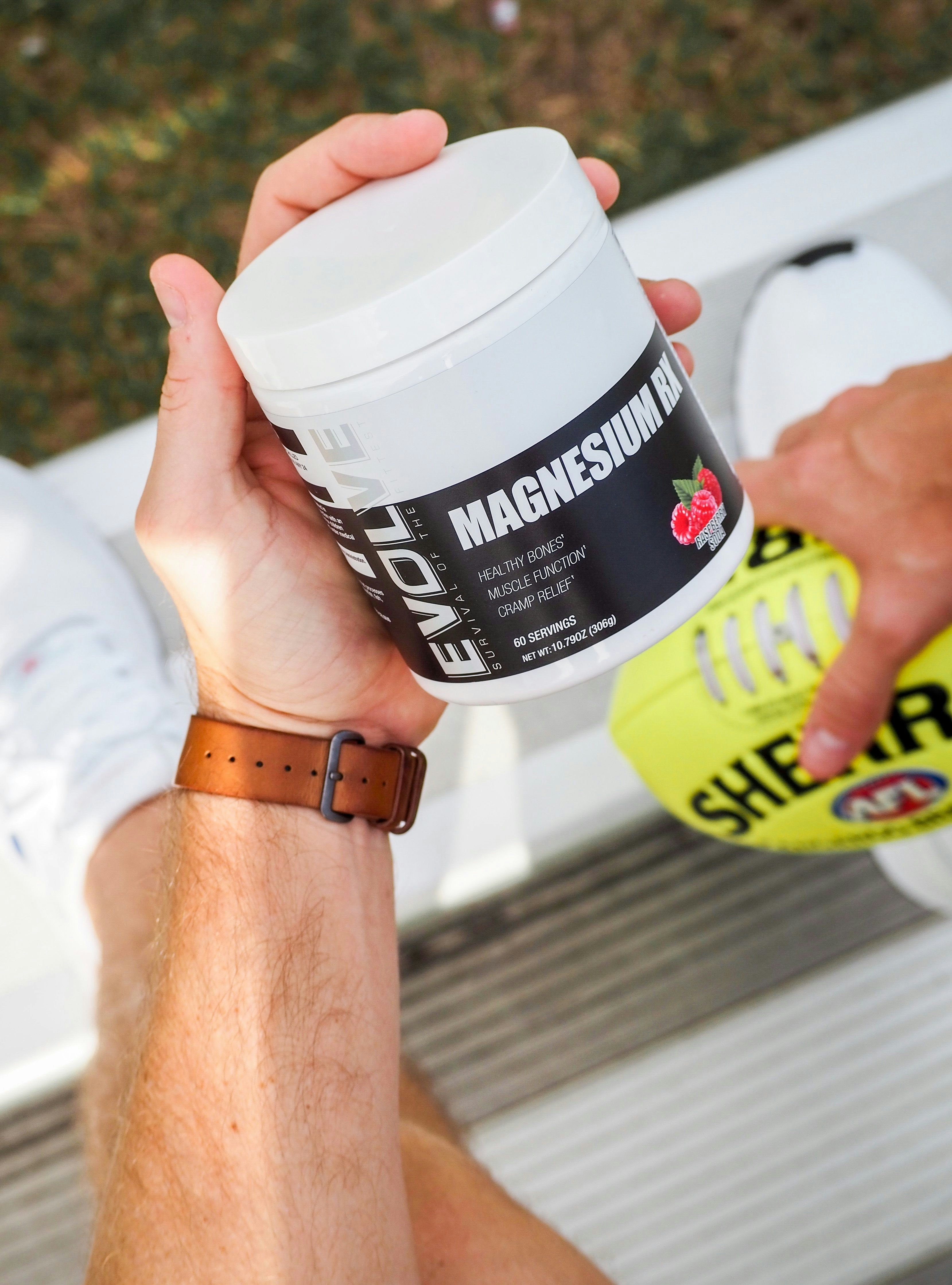Bloating During Perimenopause: Causes, Relief and Prevention
Nov 25, 2024
Perimenopause, the transitional phase leading up to menopause, can bring about a range of physical and emotional changes. One of the lesser-discussed yet frustrating symptoms many women experience during this time is bloating. If you've been dealing with an uncomfortable, bloated feeling, you're not alone. In this comprehensive guide, we'll explore the causes of perimenopause bloating, provide relief strategies, and offer preventive tips to help you navigate this transition with greater ease.
Understanding Perimenopause Bloating
What is Perimenopause?
Perimenopause is the stage that precedes menopause, typically occurring in a woman's 40s or 50s. During this time, the ovaries gradually produce less estrogen, leading to fluctuations in hormone levels. This hormonal imbalance can trigger a variety of symptoms, including bloating.
Why Does Bloating Occur During Perimenopause?
There are several potential causes of bloating during perimenopause:
1. Hormonal Fluctuations:
The fluctuating levels of estrogen and progesterone can disrupt the body's fluid balance, leading to water retention and bloating. As estrogen levels decline, the body may struggle to regulate fluid levels effectively, resulting in an uncomfortable bloated feeling.
2. Dietary Changes:
As women approach menopause, their metabolism may slow down, making it easier to gain weight and experience digestive issues like bloating. Additionally, changes in dietary habits or sensitivity to certain foods can contribute to bloating during this transitional phase.
3. Stress and Anxiety:
The emotional and physical changes associated with perimenopause can contribute to increased stress levels, which can affect digestion and exacerbate bloating. Stress can disrupt the balance of gut bacteria, leading to gas and bloating.
4. Gastrointestinal Issues:
Perimenopause can also be accompanied by conditions like irritable bowel syndrome (IBS) or small intestinal bacterial overgrowth (SIBO), both of which can cause bloating. Hormonal changes during this time may exacerbate existing gastrointestinal issues or trigger new ones.
Effective Relief Strategies for Perimenopause Bloating
Dietary Modifications
Making some adjustments to your diet can help alleviate bloating during perimenopause:
1. Increase Fiber Intake:
Fiber helps regulate digestion and can prevent constipation, a common cause of bloating. Aim for 25-30 grams of fiber per day from sources like fruits, vegetables, whole grains, and legumes. Check out our Fiber Intake Calculator to track your daily fiber intake.
2. Limit Bloat-Inducing Foods:
Certain foods like dairy products, cruciferous vegetables (broccoli, cauliflower), and carbonated beverages can contribute to bloating. Pay attention to your body's reactions and adjust your diet accordingly. Keep a food diary to identify potential triggers.
3. Stay Hydrated:
Drinking plenty of water can help flush out excess sodium and prevent water retention, which can reduce bloating. Aim for at least eight glasses of water per day, and consider incorporating hydrating fruits and vegetables into your diet.

Exercise and Stress Management
Regular physical activity and stress-reduction techniques can be beneficial:
1. Engage in Light Exercise:
Low-impact activities like walking, yoga, or swimming can help improve digestion and reduce bloating. Exercise can also help manage stress levels, which can indirectly alleviate bloating. Check out our Menopause Self-Care Strategies for more tips.
2. Practice Stress-Relieving Techniques:
Stress can exacerbate bloating, so consider incorporating relaxation techniques like deep breathing, meditation, or mindfulness into your routine. Our Menopause Weight Loss Strategies blog post offers valuable insights on managing stress during this transitional phase.
Supplements and Herbal Remedies
While it's always best to consult with a healthcare professional, some supplements and herbal remedies may help alleviate bloating:
1. Probiotics:
These beneficial bacteria can improve gut health and digestion, potentially reducing bloating. Look for high-quality probiotic supplements or incorporate fermented foods like yogurt, kefir, or sauerkraut into your diet.
2. Peppermint Oil:
Peppermint oil has been shown to have antispasmodic properties, which can help relax the digestive muscles and alleviate bloating. However, it's important to consult with a healthcare professional before using peppermint oil, as it may interact with certain medications.
3. Dandelion Root:
This herb acts as a natural diuretic, helping to reduce water retention and bloating. However, it's important to consult with a healthcare professional before using dandelion root, as it may interact with certain medications or exacerbate certain health conditions.
Preventive Tips for Managing Perimenopause Bloating
Lifestyle Modifications
Adopting a few lifestyle changes can help prevent or minimize bloating during perimenopause:
1. Maintain a Healthy Weight:
Excess weight, particularly around the abdomen, can contribute to bloating. Follow a balanced diet and engage in regular physical activity to maintain a healthy weight. Our How to Lose Weight During Menopause guide offers valuable insights on managing weight during this transitional phase.
2. Manage Stress Levels:
Chronic stress can disrupt digestion and exacerbate bloating. Incorporate stress-management techniques like yoga, meditation, counseling, or engaging in hobbies and activities that bring you joy into your routine.
3. Stay Active:
Regular exercise not only helps manage weight but also promotes better digestion and reduces stress levels, which can indirectly prevent bloating. Aim for at least 150 minutes of moderate-intensity exercise or 75 minutes of vigorous-intensity exercise per week, as recommended by the Centers for Disease Control and Prevention (CDC).
Dietary Considerations
Making mindful dietary choices can go a long way in preventing bloating:
1. Limit Sodium Intake:
Excessive sodium can lead to water retention and bloating. Read food labels and opt for low-sodium options when possible. Avoid processed and packaged foods, which are often high in sodium.
2. Avoid Carbonated Beverages:
The carbonation in these drinks can introduce excess gas into the digestive system, contributing to bloating. Instead, opt for water, herbal teas, or unsweetened juices.
3. Eat Slowly and Mindfully:
Rushing through meals can lead to overeating and increased air intake, both of which can cause bloating. Practice mindful eating by chewing thoroughly, savoring each bite, and paying attention to your body's hunger and fullness cues.
Conclusion
Bloating during perimenopause can be frustrating, but it's a common and manageable symptom. By understanding the underlying causes, implementing effective relief strategies, and adopting preventive measures, you can take control and minimize the discomfort associated with this transitional phase. Remember, every woman's experience is unique, so it may take some trial and error to find the approach that works best for you.
At Getlila, we understand the challenges women face during perimenopause and menopause. Our AI-powered personal training solutions offer personalized guidance and support to help you navigate this journey with confidence. From tailored workout plans to nutritional advice and stress management techniques, our innovative platform is designed to empower you to achieve optimal health and well-being. Take the first step towards a more comfortable and empowered transition by exploring our weight loss solutions today.
Ready to Simplify Weight Loss?
Download the Lila app or visit getlila.com to start your journey. Experience the power of an AI-driven approach designed to adapt to your changing body and unique needs. Embrace holistic weight loss with Lila—because you deserve to feel strong, confident, and truly yourself again.
Disclaimer: This article is for informational purposes only and does not substitute professional medical advice. Consult a healthcare provider for personalized recommendations.
You should not have to do it all on your own


